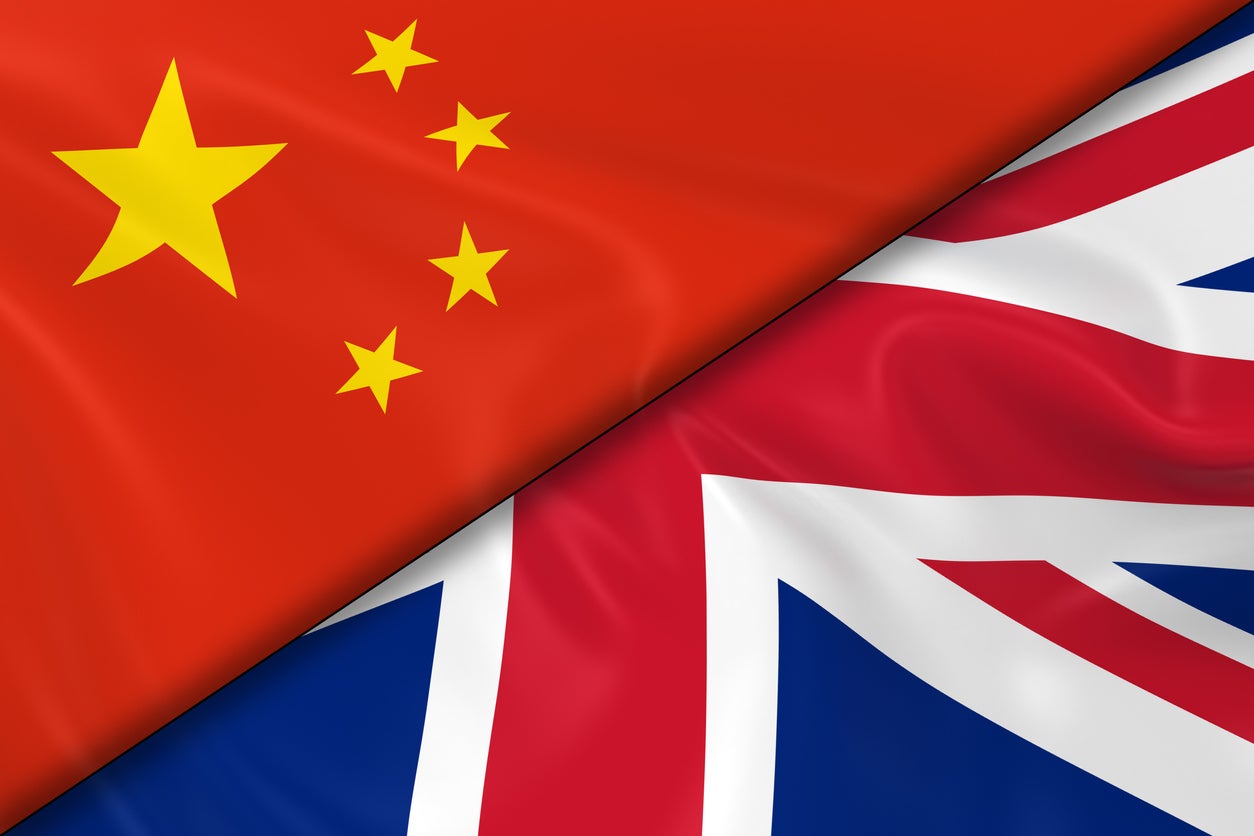It’s fair to say that, until recently, the politburo of the Chinese Communist Party wasn’t much bothered about the doings of Sir Iain Duncan Smith or, very possibly, had ever heard of the former leader of the Conservatives (2001-2003). That may still be true, in terms of the elite of Beijing, but some of the most outspoken critics of China have been noticed by the authorities there, and they’ve had some fairly nominal, but still symbolic, sanctions slapped on them.
So congratulations, then, to Sir Iain on the back-handed compliment paid to him by President Xi’s minions; and praise also to the others singled out for sticking up for the Uighur people, for Tibet, for Hong Kong, against Chinese expansionism in the seas around it, and for liberal democratic values generally. The names of fellow MPs Nusrat Ghani, Tim Loughton and Neil O’Brien, plus peers Baroness Kennedy and Lord Alton, Sir Geoffrey Nice QC, chair of the Uighur Tribunal, and Newcastle University academic Jo Smith Finley, whose research focuses on the Uighurs, deserve to be recorded with thanks. If more spoke out as they have, then perhaps China might take more notice.
As it happens the foreign secretary, Dominic Raab, did take the opportunity to object to the sanctioning of the “British Eight” critics, declaring that: “If Beijing want to credibly rebut claims of human rights abuses in Xinjiang, it should give @UNHumanRights access to verify facts”. The prime minister was more direct in his tweeting: “The MPs and other British citizens sanctioned by China today are performing a vital role shining a light on the gross human rights violations being perpetrated against Uyghur Muslims. Freedom to speak out in opposition to abuse is fundamental and I stand firmly with them.”
The slight difference in tone perhaps illuminates some differences in the cabinet as to how exactly the UK, at best a medium-sized power with modest global reach, can deal with this emerging superpower, the largest economy in the world with a population of 1.4 billion people. Such differences are, alas, essentially born of British weakness.
Before Brexit, telling Beijing to change its ways was very much a matter for EU diplomacy, and the Chinese Communist Party is very much aware of who the EU is and of its economic clout. True, the EU could be slow to act and prone to putting trade before human rights, but at least it got noticed. With the UK acting alone, things are different. The Chinese, to the extent they care, understand that Britain needs a trade deal with them more than they need a trade deal with Britain. Mr Raab apparently understands that too, as his recent leaked phone call to his diplomats demonstrated only too well, saying: “I squarely believe we ought to be trading liberally around the world. If we restrict it to countries with European Convention on Human Rights-level standards of human rights, we’re not going to do many trade deals with the growth markets of the future.”
Read more:
Mr Raab takes the view that Britain can both condemn China for its persecution of its own people and trade with China, and indeed, presumably in due course conclude a trade deal with this style-dynamic engine of global economic growth. Mr Johnson declares himself sometimes to be a “Sinophile”, drawing a distinction between the Chinese nation and its people on the one side, and the elderly brutal gentlemen who happen to be leading it at the moment.
To use an expression beloved of Mr Johnson, this is having your cake and eating it. Perhaps there is a Confucian version of that folksy expression, but that is very likely how the Chinese perceive things. They were never in any great hurry to conclude a trade deal even during the “Golden Age” of David Cameron, George Osborne and Vince Cable’s fabled journeys along the Silk Road. Today, with insults and sanctions being exchanged halfway around the world, they are even less inclined to invest in “building back better” in the UK. The hostility shown by Britain to Huawei in the UK’s 5G rollout and, to a lesser extent, the nuclear power programme, will confirm China’s doubts about treating Britain as a valued friend. The nuances of British trade and diplomacy are of no interest to them, and there will be no cake for Britain.
For Mr Raab, Mr Johnson and Sir Iain, dedicated and prominent pro-Brexiteers, this must all be rather bitter. After all, one of the great benefits of Brexit was claimed to be the ability to conclude our own trade deals with fast-growing powerhouse markets of the future, such as China. It is not going to happen, and Britain’s influence over what the Chinese authorities are doing is far weaker than it has been for decades, and far weaker than the US or EU.
Speaking out against China is the right thing to do, and the Chinese government has committed appalling acts against its own people, but Britain must also accept there is an unavoidable price to be paid for its moral courage.

Join our commenting forum
Join thought-provoking conversations, follow other Independent readers and see their replies
Comments